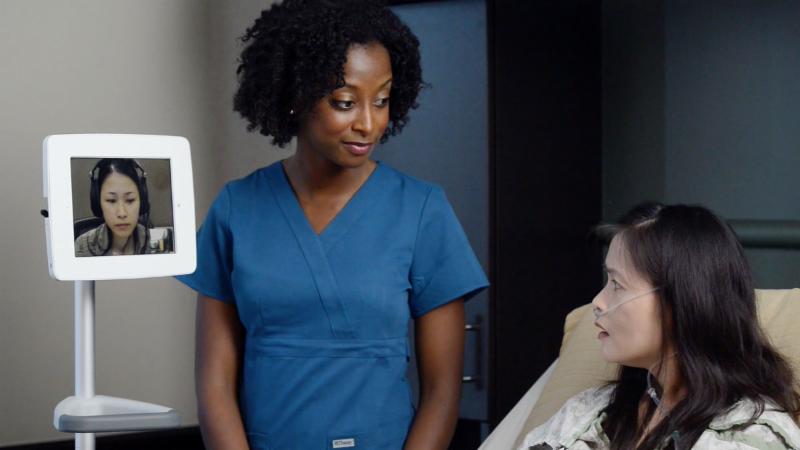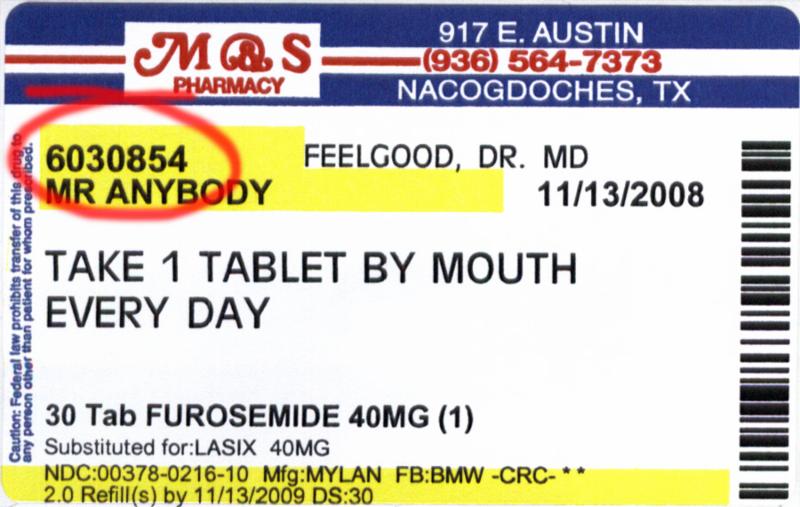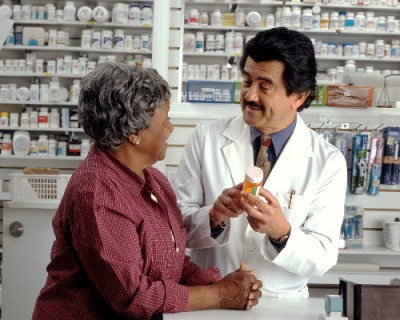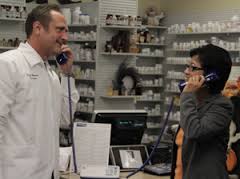Prescription translation services are vital to ensure proper use of drugs by patients with limited English proficiency (LEP). Not being able to understand dosing directions and instructions on prescription labels can lead to serious, and sometimes fatal consequences otherwise…
The Need for Prescription Translation Services

There is a long list of serious incidents where patients have misunderstood their prescribed dosage or advised restrictions during the course of their treatment – highlighting the necessity of healthcare and pharmaceutical translation services. As a result, new legislature and regulations have been established requiring pharmacies to help patients overcome language barriers, particularly in regard to prescription translation.
LEP Individuals Create A Growing Need for Prescription Translation
Immigrants that have a limited or poor understanding of the English language are part of a growing number of individuals living in the U.S.
The total number of LEP individuals in the U.S. has grown considerably over the last decade. About half of the total LEP population in the U.S. reportedly lives in California, Texas and New York, with the majority of these individuals residing in metropolitan areas, i.e. New York City and Los Angeles each have approximately three million LEP individuals.
This presents a problem to the pharmaceutical industry, as they need to tap into a multilingual market within their own boarders. Not only will it help them be more successful on the market, but it will make it easier for LEP individuals to make the correct choices when it comes to their personal health – something the federal government has recognized. Translations of prescription labels have become part of a broader requirement for pharmaceutical companies to bridge language barriers.
Federal Legislature for Prescription Label Translation

In terms of prescription translation, there are pharmacists with doubts due to their inability to understand the new label. While they may feel uncomfortable about the fact that they cannot read the translated label they are dispensing, if important information such as adverse effects or dosage is not translated, it can lead to more serious problems. One obvious solution is to use bilingual or multilingual labels.
Pharmacists who oppose to this don’t like the proposal because they say it opens them up to liability if there’s a mistake in the translation, and some believe this will require larger bottles to fit the label – something which patients consider to be undesirable. Although currently there are federal regulations that must be adhered to, each state must determine whether more specific requirements are necessary.
State-by-State Legislature on Prescription Label Translation
According to a study done in 2010, of the state regulations regarding language service requirements for pharmacies serving individuals with LEP (Analysis of State Pharmacy Laws by the National Health Law Programs (NHeLP)), virtually all states have requirements for both oral counseling and written materials.
In order to comply with these requirements, pharmacists must be able to effectively communicate with all of their patients.
- 48 states have requirements for oral counseling
- 33 states require a process for patient counseling outside the pharmacy
- 24 states require pharmacists to distribute written information to patients
Two states in particular have taken it upon themselves to begin requiring linguistic services for pharmacies and drugs – New York and California.
 NYC Pharmaceutical Translation Regulations
NYC Pharmaceutical Translation Regulations
In 2009, New York City passed the Language Access Pharmacies Act which requires every chain pharmacy to provide free prescription translation services and interpreting services of prescription medication instructions, warning labels and patient information sheets to all LEP individuals.
The main languages include —Spanish, Chinese, Korean, Russian, Haitian Creole, Italian and Bengali.
In 2012, New York passed comprehensive Statewide SafeRx legislation which requires every chain pharmacy to provide free, competent oral interpretation and written translation services of prescription drug labels, auxiliary warning labels and other written materials to LEP patients.
These services must be provided immediately, and while on-site or telephonic interpreting services are acceptable, they must include the following languages: Chinese, Italian, Russian, and Spanish.
 California Pharmaceutical Translation Regulations
California Pharmaceutical Translation Regulations
Since 2003 California requires that all state health plans provide language assistance services to their participants. Currently the state is considering making bilingual prescription labels a requirement to reflect the fact that 44% of residents speak a language other than English at home.
The state also requires no-cost oral prescription translation of both labels and instructions offered either by hotline or by pharmacy staff. In addition, pharmacists must display a poster informing patients of their right to no-cost translations, as well as a few phrases to which patients can point to indicate a need for translation.
In 2013, the state provided translations of these notifications to pharmacies statewide. California currently has standardized SIG codes (abbreviations for medication labels) and has translated them into five dominant languages—Spanish, Chinese, Korean, Russian and Vietnamese. They are available on the CA Board of Pharmacy’s website.
For more information, check out our Life Sciences Translation Services page!
About Language Connections:
Language Connections is one of the top language service companies in the US. Over the last 30 years, we’ve focused on providing the best business translation services, interpreting services, as well as interpreter training and customized language training programs. In addition to top-tier corporate language training, we offer certified corporate interpreters and professional business translation services in 200+ languages. Our network includes linguists with backgrounds in all major industries. They’re ready to meet your needs, whether they’re for technical translation services, legal translation, government translation services, international development translation services, education translation services, life sciences translation, or something else. Reach out to us today for a free quote on our cost-efficient and timely translation services, interpreters, or other linguistic services.
Language Connections Inc.
2001 Beacon Street, Suite 105,
Boston, MA 02135
Phone: +1-617-731-3510
Email: service@languageconnections.com




